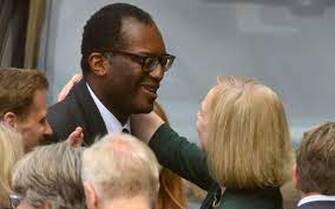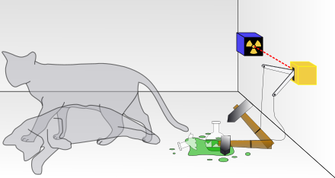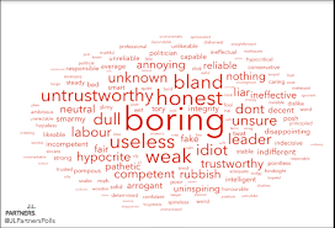The parallel with the state of UK Labour is pretty clear. The majority of Labour MPs are, if not bourgeois, certainly middle-class and there is no indication that this may change any time soon. In fact, rather the reverse as Starmer and Evans tighten their authoritarian grip on every aspect of the party.
Suspensions and expulsions are multiplying, on many occasions timed to prevent their election to key constituency posts. Triggers have been called against MPs of the calibre of MP of the Year Ian Byrne, Sam Terry and Zara Sultana. The treatment of Apsana Begum in Poplar and Limehouse and Jeremy Corby offends all principles of fairness and natural justice. But that’s ok, because the new party rule book, introduced this year, contains the following sentence:
“D. Neither the principles of natural justice nor the provisions of fairness … shall apply to the termination of party membership.”
It is clear that the membership and the local parties are, de facto, subordinate - even submissive - to the party machine. And this is a party machine which believes that Ken Loach of all people is unfit to be a member.
I’m raising this issue again not merely as a member of the Labour party, but as a citizen. These facts and other allegations are of concern to everyone.
It is not paranoid to fear that this machine, when part of a government, could utilise the resources of the state to cull a major element of the broad church which the party is intended to represent. It will no longer be necessary to suspend members on the grounds that they ‘liked’ a tweet from another party leader announcing that she didn’t have COVID. The STASI-esque trawling of social media and compilation of spurious dossiers full of gossip and rumour will become the responsibility of real professionals; not the amateur factionalists such as McNicol, Oldknow, Matthews and Stolliday.
And if I am paranoid, I am not alone. Michael Crick describes himself as right wing Labour / Liberal Democrat in his politics. Peter Oborne is a conservative, maybe even a Conservative - certainly he could not have been Political Editor of the Torygraph if he had espoused my politics.
Both, however, have published and broadcast extensively on the authoritarian trend within the Labour machine. Both have warned about its implications if Labour became the party of government.
There are still many good people within Labour. I don’t always agree with all their politics but I would still vote for them because I recognise their integrity, intelligence, honesty and humanity. My own MP (at least until the Boundary Commission’s recommendations are made law) is one of them.
But be clear: my vote for Matt Western will not be a vote for Keir Starmer.
Today from the everysmith vaults: I went last week to see the Cowboy Junkies at the Warwick Arts Centre. A wonderful show which previewed some of the Songs of Recollection which is their latest album. That’s what’s playing now and it’s brilliant.















 RSS Feed
RSS Feed